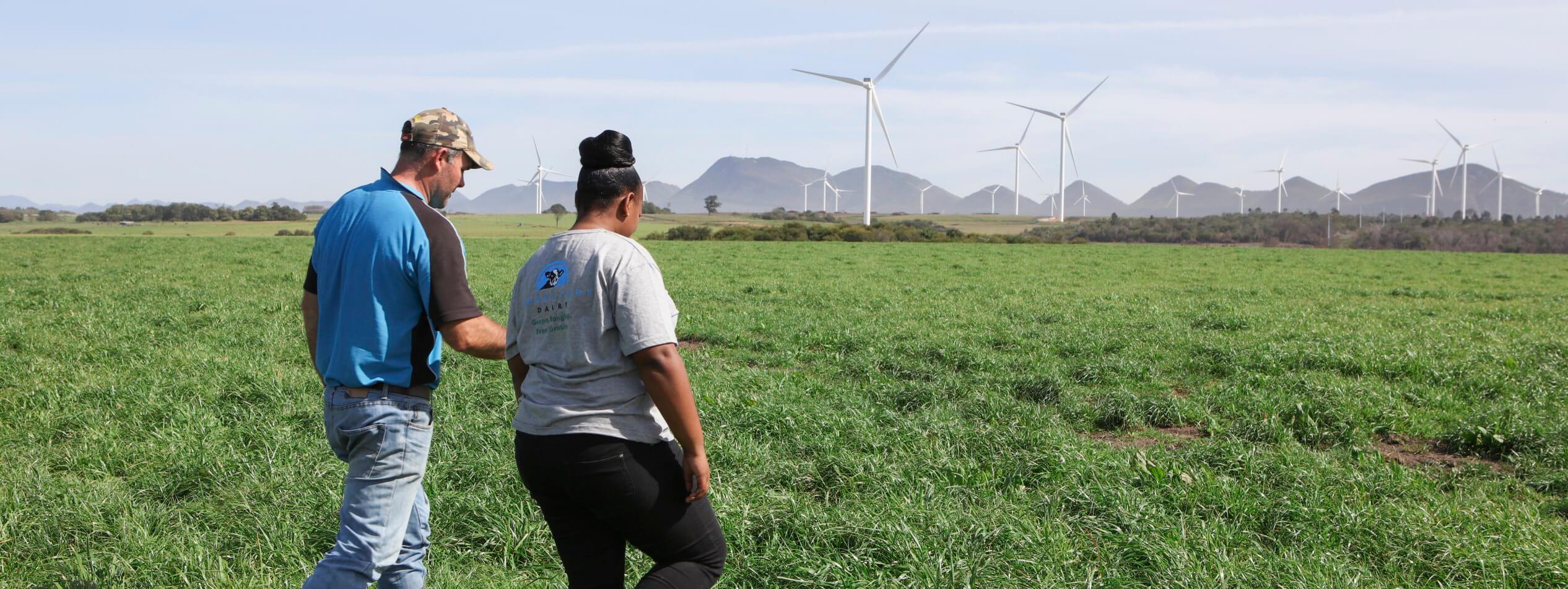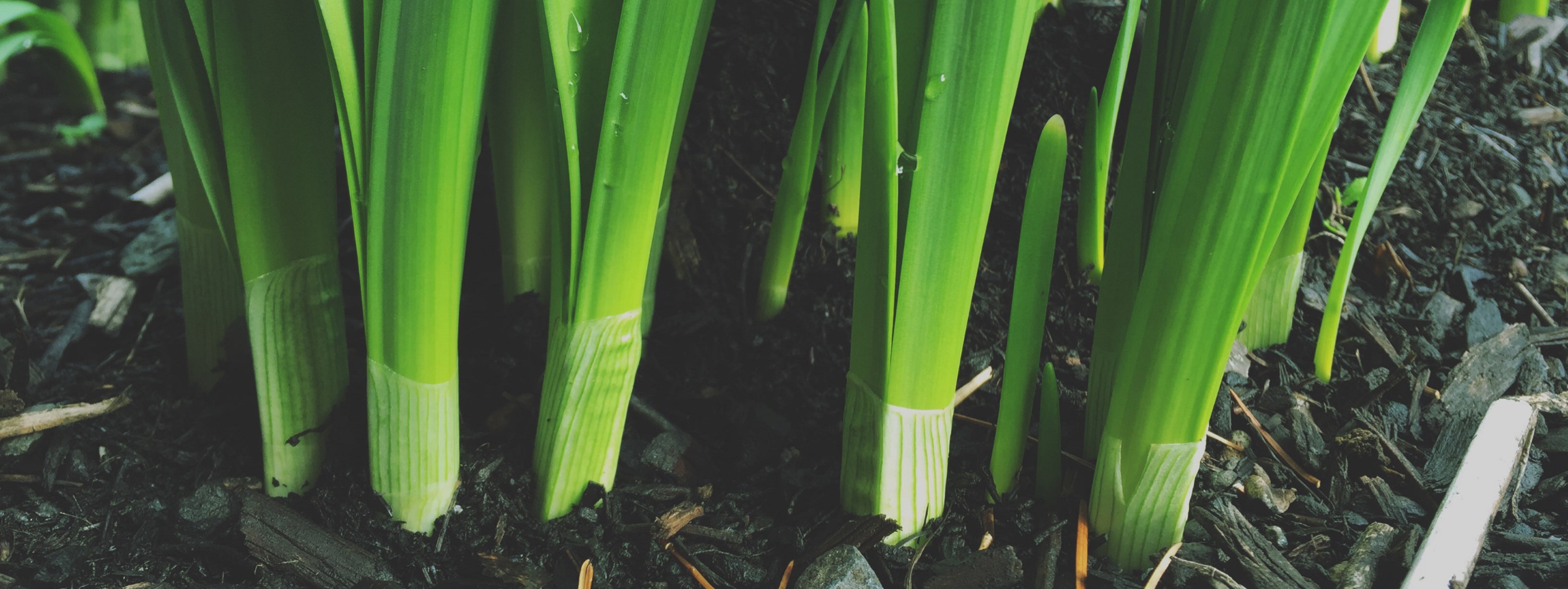How do we view soil?
Considering soil from a farmers’ perspective, it is easy to focus only on the fact that it serves as a medium from which to grow food. To be a successful farmer you therefore need to maximise the yield from this medium. It is not incorrect to think about the productiveness of soil. There are numerous blogs on Trace & Save discussing the importance of a regenerative approach to this goal. I am saying that there is also a bigger picture.
In this blog I would like to take a broader look at the importance of soil to society. Land managers play an integral part in ensuring soil is able to continually play this role. In managing the soil, farmers use numerous tools to assess its health/quality. I would like to encourage us to think beyond assessing it purely from the perspective of maximising yields.
The amazing thing is that all these ecosystem services support greater agricultural production. They can only be unlocked when the soil is viewed as a valuable natural resource that needs to be conserved.
Soil ecosystem services
Reading an article by Bunemann et al. (2018) caused me to think about it from a new perspective. Assessing and understanding the quality of a soil is directly linked to its use, but should also consider the potential services this soil provides to society. Food is the obvious example of these services, but also important are environmental health and ecosystem services. It is the responsibility of each land manager to, through their practices, improve the quality of their soil according to these criteria.
This perspective encourages farmers to think beyond maximising yield. The main contribution that farmers make to society, which is a significant one, is food security. Without farmers we would not be able to sustain society. In providing this service, farmers should think about the sustainability of food provision. This is why we continually place an emphasis on the regenerative approach to agriculture.
But beyond this even, farmers have a responsibility, as managers of the land, to ensure that the soil can continue to provide the other services. For soil to provide environmental health and ecosystem services, it needs to be in a healthy condition. These ecosystem services include:
- Carbon sequestration
- Diverse soil microbial populations
- Stable soil which does not erode
- Water filtration
- Water flow regulation
- Organic matter decomposition
- Nutrient cycling
Win-win for farmers
The amazing thing is that all these ecosystem services support greater agricultural production. They can only be unlocked when the soil is viewed as a valuable natural resource that needs to be conserved. In many contexts it needs to be regenerated before it can provide these services. The problem is that if soil is only viewed as a yield-medium, the emphasis will always be on yield maximisation. This slippery slope of chasing yields is usually associated with high agro-chemical use.
Do you as a farmer consider these ecosystem services when assessing the quality of your soil? It is a core component of Trace & Save’s soil health testing. We believe that by bringing these ecosystem services back into the soil (i.e. regenerating the soil), farmers will unlock massive potential. You will no longer have to work for your soil, but rather have your soil working for you. You will also be making your contribution to society by restoring and preserving these ecosystem services.
References
Bünemann EK, Bongiorno G, Bai Z, Creamer RE, De Deyn G, de Goede R, Fleskens L, Geissen V, Kuyper TW, Mäder P, Pulleman M. 2018. Soil quality–A critical review. Soil Biology and Biochemistry 120:105-125.
- A carbon footprint assessment for pasture-based dairy farming systems in South Africa - 2024-02-07
- What progress have farms participating with Trace & Save made over the past 10 years? - 2023-09-06
- Carbon footprint reduction over time: Lessons from pasture-based dairy farms in South Africa - 2023-09-04


